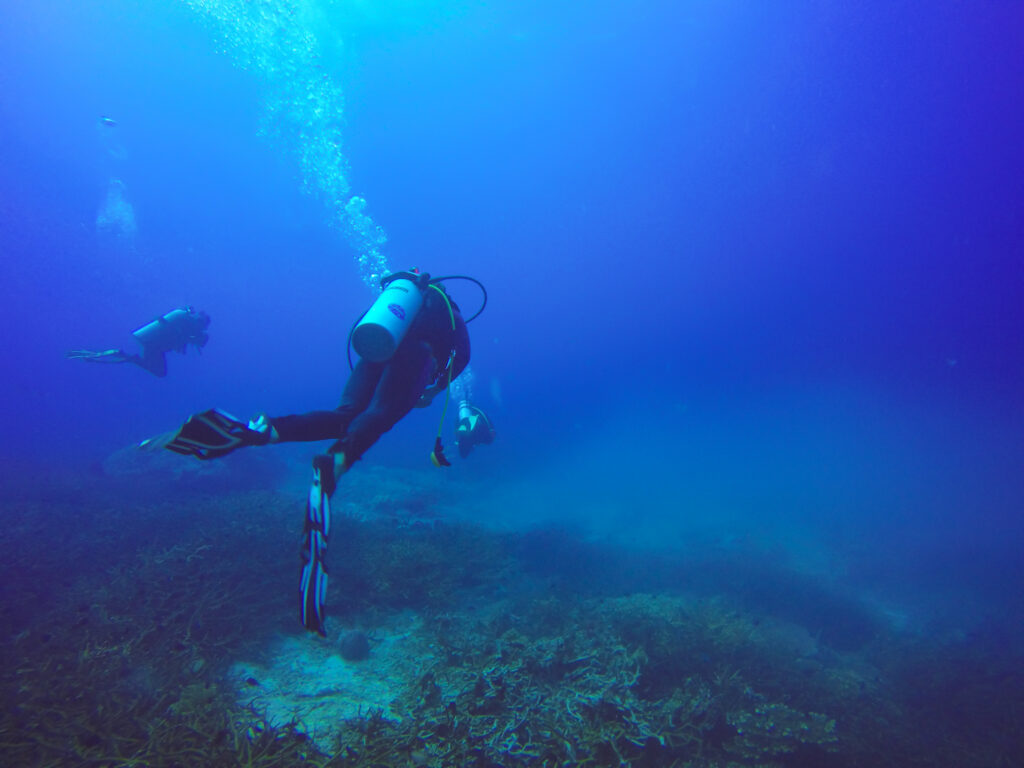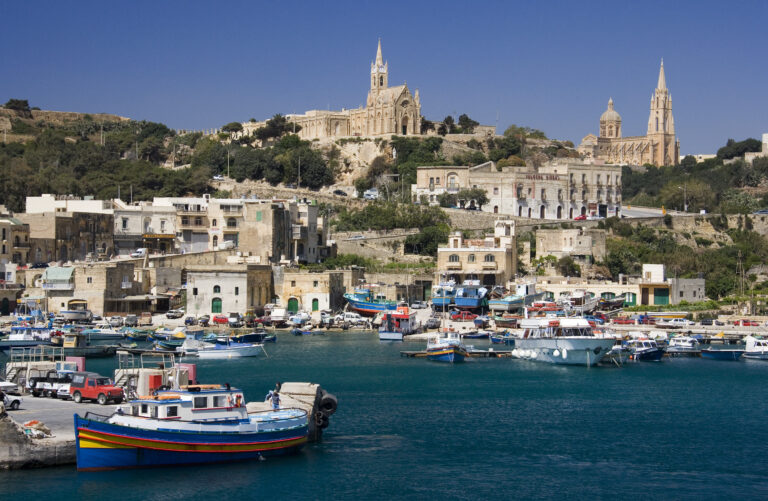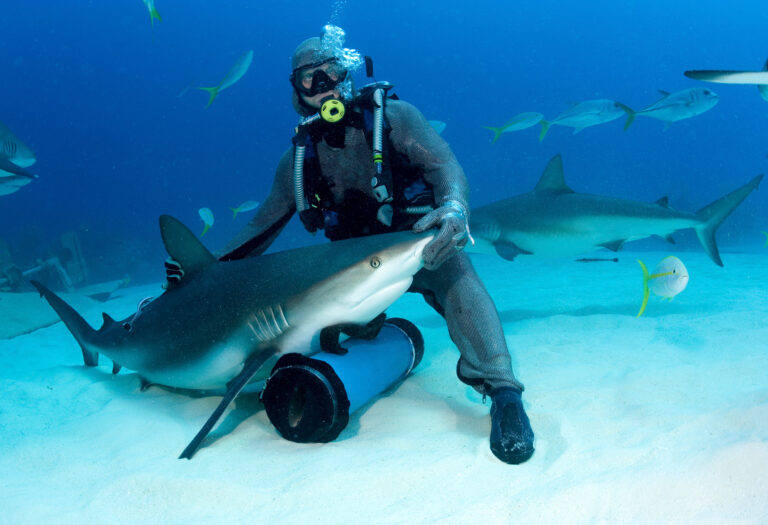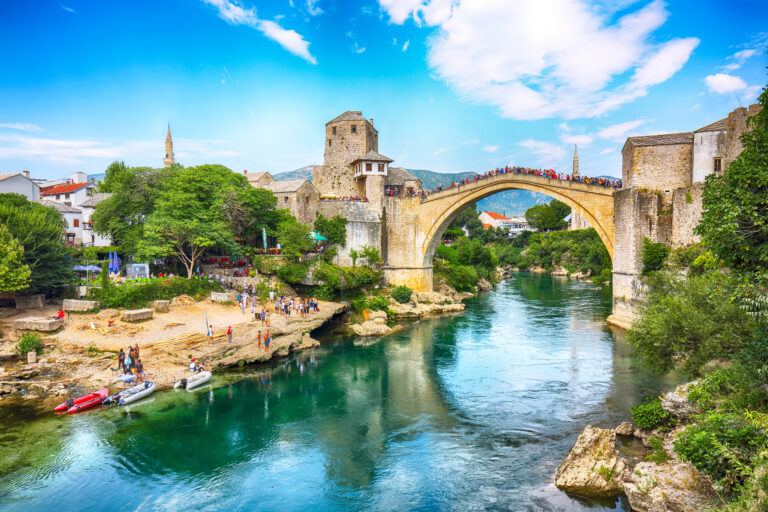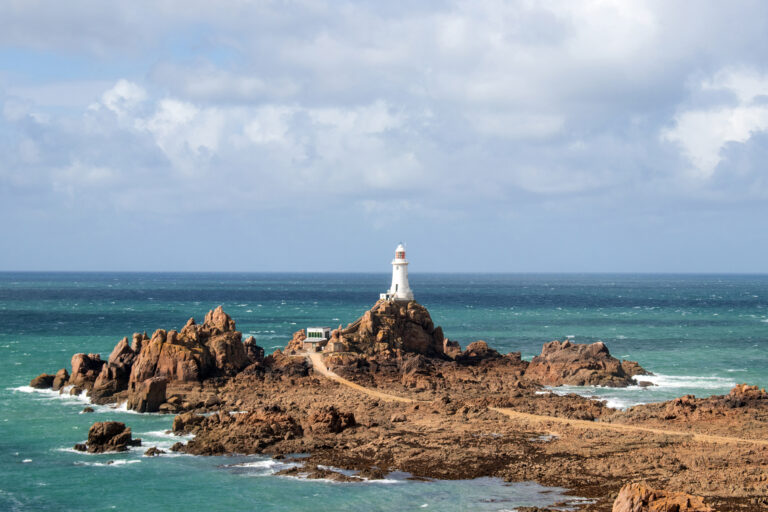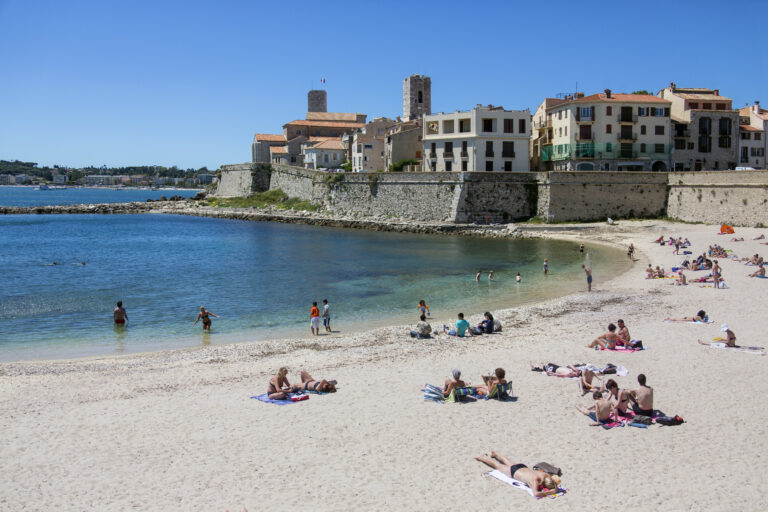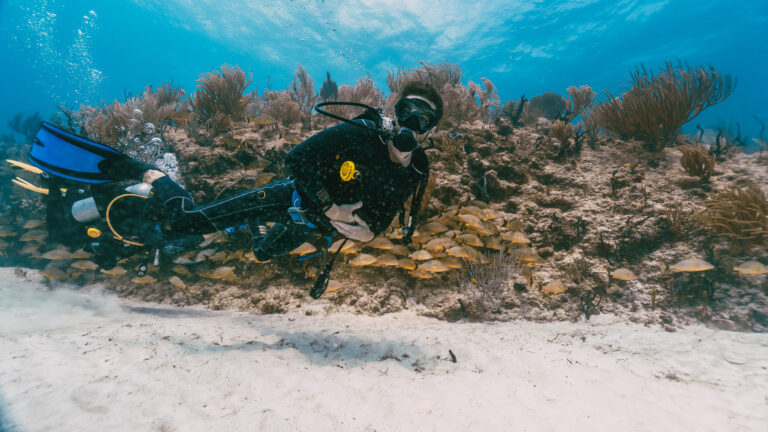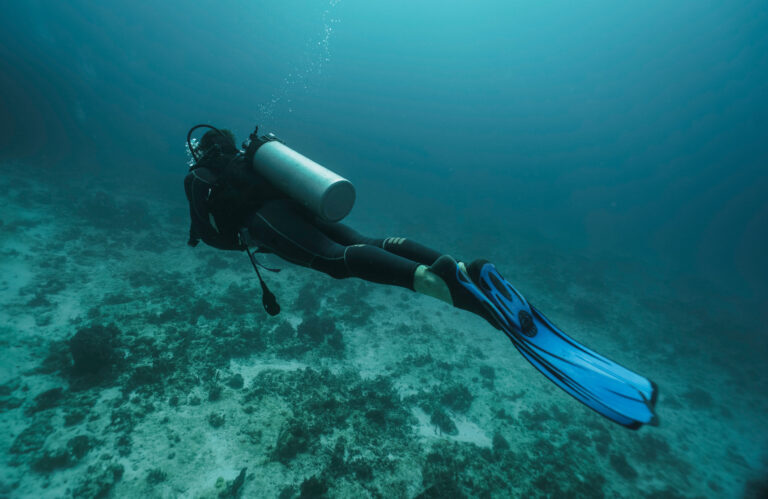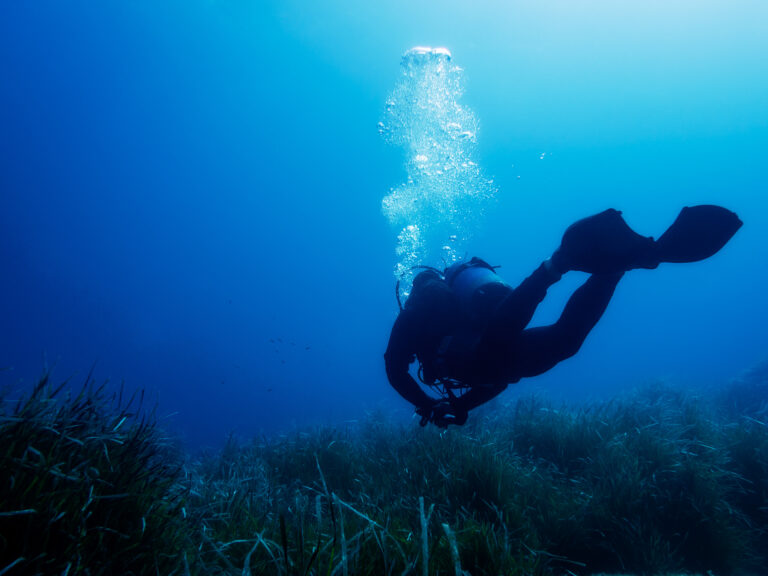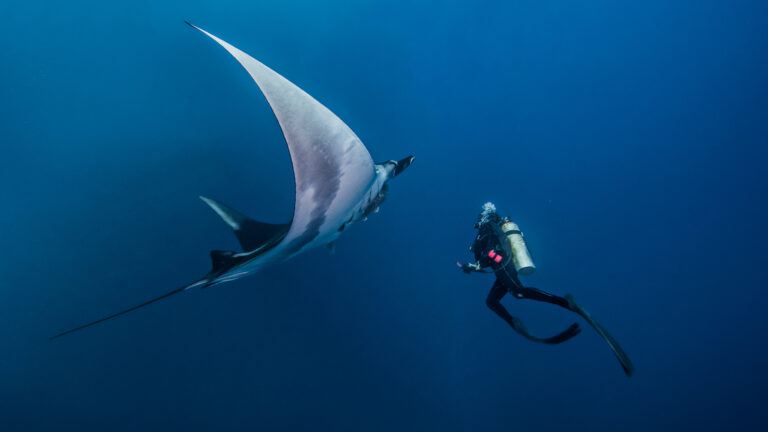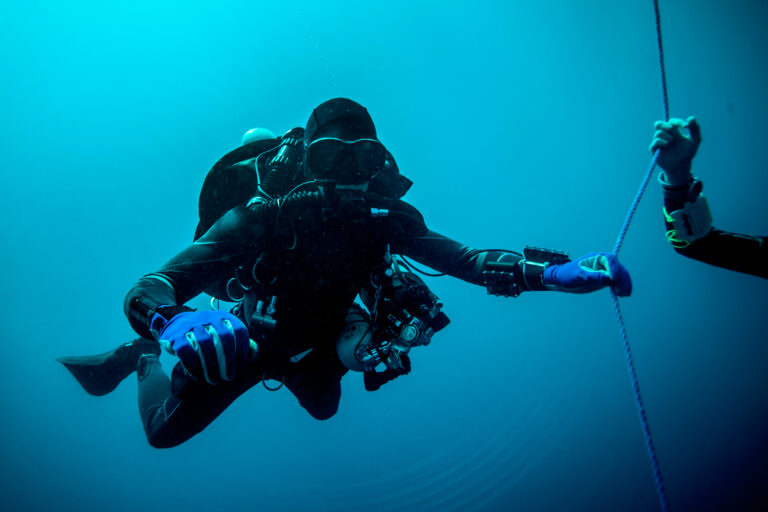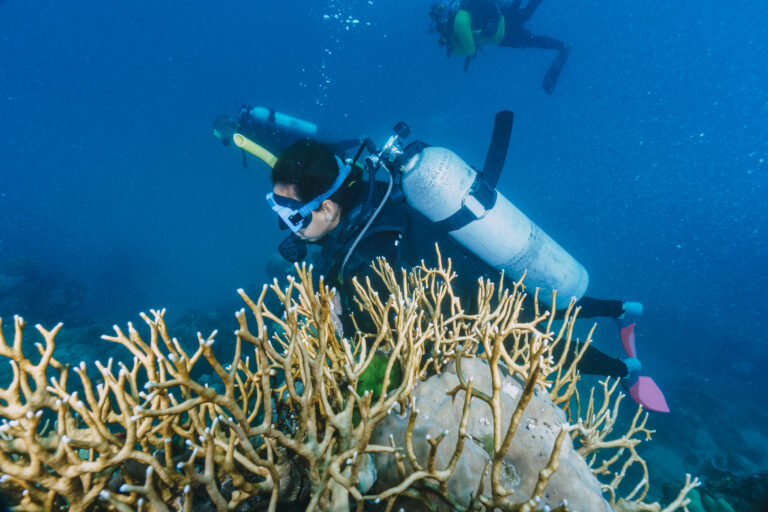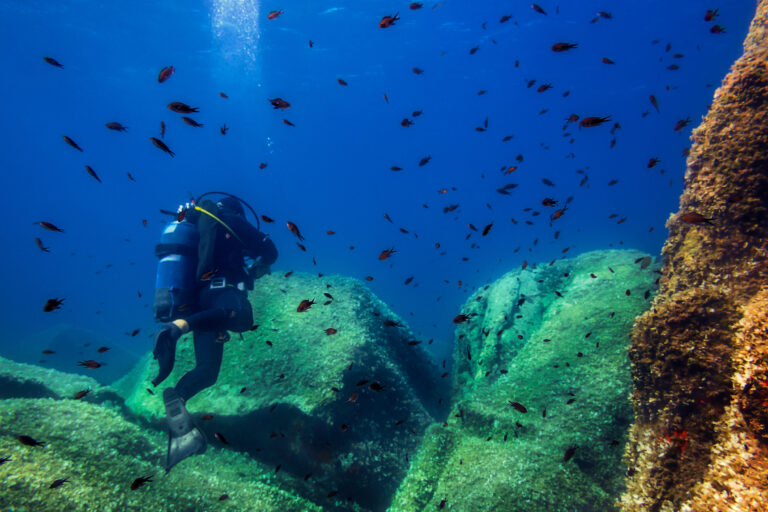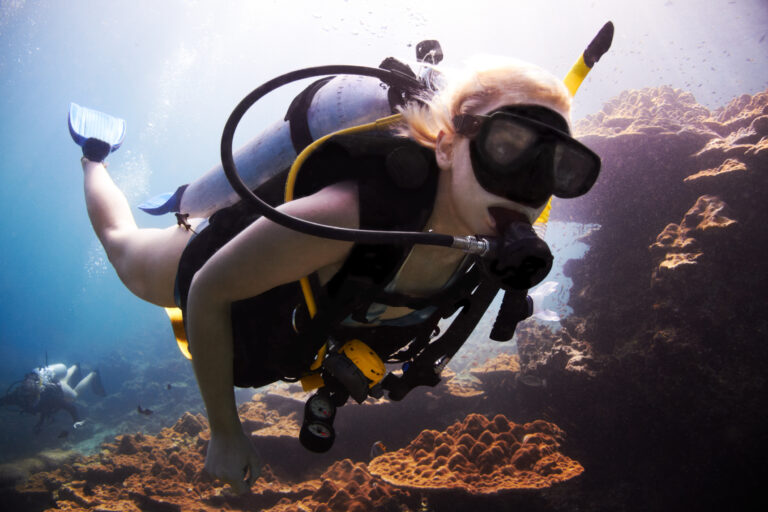SCUBA DIVERS’ TRAVEL GUIDE TO Turkey
Turkey is a fascinating country that offers a rich blend of history, culture, and natural beauty. It is a land of contrasts, where ancient ruins coexist with modern cities, and where diverse landscapes range from rugged mountains to turquoise seas. For scuba divers, Turkey is a paradise of underwater wonders. Whether you want to explore the wrecks of World War I battleships, the colorful coral reefs of the Mediterranean, or the mysterious caves of the Aegean, you will find something to suit your taste and skill level. Turkey also boasts some of the best diving conditions in the world, with warm water, excellent visibility, and abundant marine life. No matter what season you visit, you will be amazed by the variety and beauty of Turkey’s diving sites. Come and discover why Turkey is one of the most popular scuba diving destinations in the world.
LOCATION AND GEOGRAPHY
Turkey, straddling the continents of Europe and Asia, offers a unique and diverse scuba diving experience thanks to its extensive coastline along four different bodies of water: the Aegean Sea to the west, the Mediterranean Sea to the south, the Sea of Marmara to the northwest, and the Black Sea to the north. The Aegean and Mediterranean coasts are particularly renowned for their crystal-clear waters, vibrant marine life, and an abundance of historical underwater ruins that reflect Turkey’s rich ancient history. Divers can explore a variety of underwater landscapes, including caverns, canyons, and reefs teeming with marine biodiversity. The Lycian Coast, with its famous sunken city of Kekova, and the Bodrum Peninsula are among the most popular diving destinations. The convergence of different climates and sea conditions around Turkey’s vast coastline provides a broad range of diving experiences, from the temperate waters of the Black Sea to the warmer, more saline conditions of the Mediterranean, making it a versatile destination for divers of all levels and interests.
VISA AND ENTRY REQUIREMENTS
Before embarking on your underwater adventure in Turkey, it is essential to ensure that your travel documents are in order. Most travelers to Turkey require a visa, which can be obtained online through the e-Visa system or upon arrival, depending on your nationality. The e-Visa is typically valid for 180 days from the date of issue, allowing for multiple entries with a maximum stay of 90 days within this period. Ensure your passport has a minimum validity of six months from the date of entry into Turkey and at least one blank page for stamps. Some nationalities may be eligible for visa exemption for short visits. It is advisable to check the latest visa and entry requirements with the Turkish consulate or embassy in your home country before your trip, as regulations can change. Additionally, due to the ongoing global health situation, be aware of any travel restrictions or additional entry requirements, such as health certificates or travel insurance, that may be temporarily in place.
GETTING TO Turkey
Getting to Turkey for an unforgettable scuba diving adventure is a straightforward journey for travelers from around the globe. The country is well-connected by air, with major international airports such as Istanbul Airport (IST) and Antalya Airport (AYT) serving as primary gateways for divers aiming to explore the rich underwater landscapes of the Aegean and Mediterranean seas. Many airlines offer direct flights from Europe, Asia, and the Middle East, while connections from North America and other regions are also easily accessible. Upon arrival, domestic flights, buses, or car rentals can transport you to coastal towns like Kas, Bodrum, or Fethiye, where the turquoise waters beckon. For those who prefer sea travel, ferries from various Greek islands provide an alternative scenic route to Turkey’s dive sites. Regardless of your mode of transportation, Turkey’s well-developed infrastructure and hospitable locals make reaching your diving destination both convenient and enjoyable.
BEST TIME TO DIVE
The best time to scuba dive in Turkey is from April to November when the waters are warmest and the visibility is at its peak, offering an optimal underwater experience. During these months, the Mediterranean and Aegean Seas embrace divers with temperatures ranging from 18°C to 30°C (64°F to 86°F), allowing for comfortable dives without the need for thick wetsuits. The summer months of July and August can be particularly busy with tourists, so for those seeking a more tranquil dive, the shoulder months of May, June, September, and October are ideal. Not only is the sea life more active and abundant in these periods, but the weather conditions are also more stable, ensuring clearer waters to explore the rich marine biodiversity and historical wrecks that Turkey’s unique diving spots have to offer. Whether you’re exploring the vibrant reefs of Kaş, the underwater museum in Bodrum, or the sunken city of Kekova, timing your dive within this window will enhance your underwater adventure in Turkey’s enchanting seas.
ACCOMMODATION OPTIONS
Turkey’s scuba diving allure is complemented by a wide array of accommodation options catering to divers of all preferences and budgets. From the vibrant coastal towns of Kas and Bodrum to the serene waters of Fethiye, divers can choose from luxurious resorts with on-site dive centers, offering convenience and comfort after a day underwater. Boutique hotels and guesthouses are abundant, often run by locals who provide a warm, authentic experience and valuable insights into the best dive spots. Budget-conscious divers might opt for hostels or self-catering apartments, which are plentiful in dive-centric locales. Many accommodations are strategically located near marinas and harbors, ensuring that the journey from bed to boat is a breeze. Whether you’re seeking a full-service dive vacation or a simple base from which to explore Turkey’s underwater marvels, you’ll find a place to rest and recharge that suits your needs.
DIVE OPERATORS AND DIVE SHOPS
Turkey’s underwater allure is matched by the quality and variety of its dive operators and shops, which cater to divers of all levels, from beginners to seasoned enthusiasts. These establishments are concentrated in prime diving locations such as the Aegean coast in Bodrum, Marmaris, and Fethiye, as well as the Mediterranean hub of Kas, known for its clear waters and rich marine life. Dive shops in Turkey are typically well-equipped, offering gear rentals, courses certified by PADI, CMAS, or SSI, and guided dive excursions to explore the region’s captivating wrecks, vibrant reefs, and dramatic drop-offs. Many operators also arrange liveaboard trips, providing an immersive experience in the Turkish seascape. The staff, often multilingual, are knowledgeable about the local dive sites and prioritize safety while ensuring an unforgettable underwater adventure. With their warm hospitality, Turkish dive shops and operators not only open the door to the country’s marine wonders but also reflect the rich cultural mosaic that Turkey is celebrated for.
TRANSPORTATION WITHIN Turkey
In Turkey, transportation options to access the country’s prime scuba diving spots are varied and cater to different preferences and budgets. Major coastal destinations like Antalya, Bodrum, and Fethiye are well-connected by air with domestic flights from Istanbul and Ankara, making them easily accessible for international travelers. Once you’ve landed, you can opt for car rentals, which offer the flexibility to explore the scenic Turkish coastline at your own pace, or take advantage of the extensive network of intercity buses that are both cost-effective and comfortable. For a more localized experience, dolmuşes (shared minibuses) and taxis are readily available for shorter distances within coastal towns. In some areas, particularly in the southwestern region, ferries and private boat charters can transport you to various islands and secluded dive sites, providing a scenic and enjoyable journey across the turquoise waters of the Mediterranean and Aegean Seas. Always remember to check the latest schedules and book in advance during peak seasons to ensure a smooth trip to your underwater adventure.
CURRENCY AND PAYMENT METHODS
In Turkey, the local currency is the Turkish Lira (TRY), which is the predominant medium for transactions across the country, including scuba diving services. While major cities and tourist areas, including popular diving spots along the Aegean and Mediterranean coasts, readily accept credit cards such as Visa and MasterCard, it is advisable for divers to carry some cash for smaller dive shops or remote locations where electronic payments may not be as widely accepted. ATMs are widely available in urban areas and touristic zones, allowing for easy withdrawal of local currency. However, when traveling to more secluded dive sites, it’s prudent to have enough cash on hand for any incidental expenses. Additionally, some dive operators may offer discounts for cash payments, and it’s always wise to inquire about the preferred payment method and potential savings when booking your underwater adventure. Keep in mind that while bargaining is a part of the culture in local markets, it is less common in professional dive operations. Always ensure that you understand the exchange rate and transaction fees when using foreign cards to avoid surprises on your statement, and consider notifying your bank of your travel plans to prevent any issues with card usage abroad.
LANGUAGE AND COMMUNICATION
When diving in the enchanting waters of Turkey, communication both above and below the surface is predominantly conducted in Turkish, the official language of the country. However, due to Turkey’s popularity as a scuba diving destination, English is widely spoken within the diving community, especially by instructors and guides at major dive centers and resorts. Dive briefings are often available in multiple languages to accommodate the diverse international clientele. Underwater, divers use standard hand signals to communicate, ensuring safety and coordination regardless of linguistic differences. It’s beneficial for visitors to learn a few basic Turkish phrases for courtesy and to enhance interactions with local residents. Additionally, understanding common dive terms in Turkish can enrich the overall experience. Dive shops and liveaboards are typically equipped to bridge any language gaps, ensuring a seamless and enjoyable adventure exploring Turkey’s underwater marvels.
LOCAL CULTURE AND ATTRACTIONS
Turkey’s rich tapestry of history and culture offers a mesmerizing backdrop to its underwater wonders, making it an exceptional destination for scuba divers who also cherish terrestrial exploration. After delving into the azure depths of the Aegean and Mediterranean, where ancient ruins and vibrant marine life await, divers can immerse themselves in the local culture by wandering through bustling bazaars, savoring the aromatic flavors of Turkish cuisine, and sipping on traditional apple tea or strong Turkish coffee. The country’s storied past unfolds in the architecture of Byzantine churches, Ottoman mosques, and Greco-Roman ruins, such as the famous city of Ephesus. Visitors can also experience the warmth of Turkish hospitality in coastal towns like Bodrum, Fethiye, and Kas, where the rhythm of daily life is as enchanting as the call to prayer echoing at sunset. Whether it’s watching the whirling dervishes in Konya, marveling at the fairy chimneys in Cappadocia, or soaking in the thermal waters of Pamukkale, Turkey’s cultural and natural attractions create a rich surface interval that complements the underwater adventure.
CULTURAL ETIQUETTE AND TIPS
When scuba diving in Turkey, it is essential to approach the underwater adventure with a respectful understanding of local customs and etiquette. Turkish people are known for their warm hospitality, and showing respect for their traditions will enhance your diving experience. It is customary to greet dive staff and local fishermen with a friendly “Merhaba” (hello) and a smile. When visiting coastal villages or dive shops, dressing modestly is appreciated, as Turkey is a predominantly Muslim country. Be mindful of environmental practices; do not touch or remove marine life, as Turks take pride in preserving their natural heritage. It’s also a good idea to learn a few Turkish phrases, as this gesture of engaging with the local language is often met with appreciation. Tipping is customary in Turkey, so consider showing your gratitude for exceptional dive guidance with a modest tip. Lastly, if you’re invited to share a cup of çay (tea) post-dive, it’s a kind gesture to accept, as it signifies friendship and camaraderie.
LOCAL LAWS AND REGULATIONS RELEVANT TO TOURISTS
When planning a scuba diving trip to Turkey, it is essential to be aware of the local laws and regulations to ensure a safe and lawful experience. Turkey strictly regulates underwater activities, and all divers must be certified by a recognized organization such as PADI, SSI, or CMAS. Diving within marine protected areas requires special permission, and it is prohibited to touch or remove any marine life, which is protected under Turkish environmental laws. Additionally, diving with a guide from a licensed dive center is often mandatory, and solo diving is generally discouraged. Historical and archaeological sites are particularly sensitive, and diving near such sites may require additional permits or be subject to certain restrictions to preserve the cultural heritage. It is also important to note that dive sites may have specific rules regarding maximum depths and dive times, and the use of dive flags is compulsory for safety reasons. Always check with local dive operators for the most current regulations, as they can change and may vary from region to region within Turkey.
SAFETY TIPS AND EMERGENCY CONTACTS
When diving in the enchanting waters of Turkey, safety should be your paramount concern to ensure an unforgettable underwater experience. Always dive within your certification limits and be familiar with the use of your equipment. It is crucial to perform a thorough pre-dive safety check with your buddy and to maintain good buoyancy control throughout your dive. Be aware of local currents and environmental conditions by consulting with your dive operator or guide. Turkey requires all divers to have valid dive insurance, so ensure you are covered before your adventure. In case of an emergency, know the location of the nearest hyperbaric chamber, which can be found in coastal cities like Antalya, Izmir, and Istanbul. For immediate assistance, contact the Turkish Coast Guard via VHF Channel 16 or by calling the universal emergency number 112. Keep these emergency contacts handy and always dive with a reputable company that has a clear emergency action plan. Remember, the beauty of Turkey’s underwater world is best enjoyed with a safety-first mindset.
HEALTH AND TRAVEL INSURANCE
Before embarking on your underwater adventure in the enchanting waters of Turkey, it is crucial to secure comprehensive health and travel insurance that covers scuba diving activities. Turkey’s dive sites, ranging from the warm Aegean to the crystal-clear Mediterranean, offer a plethora of marine life and historical wrecks, but they also come with inherent risks associated with diving. Ensure that your insurance policy includes coverage for potential diving accidents, hyperbaric treatment, and medical evacuation, as the nearest decompression chamber or high-level medical facility may be located some distance from remote dive spots. Additionally, given the varying terrain and the possibility of encountering unpredictable sea conditions, it’s wise to have a policy that covers trip cancellations, lost diving equipment, and emergency repatriation. Always carry proof of your insurance and emergency contact numbers with you. By taking these precautions, you can dive into Turkey’s underwater marvels with peace of mind, knowing that you are well-protected against unforeseen incidents.

